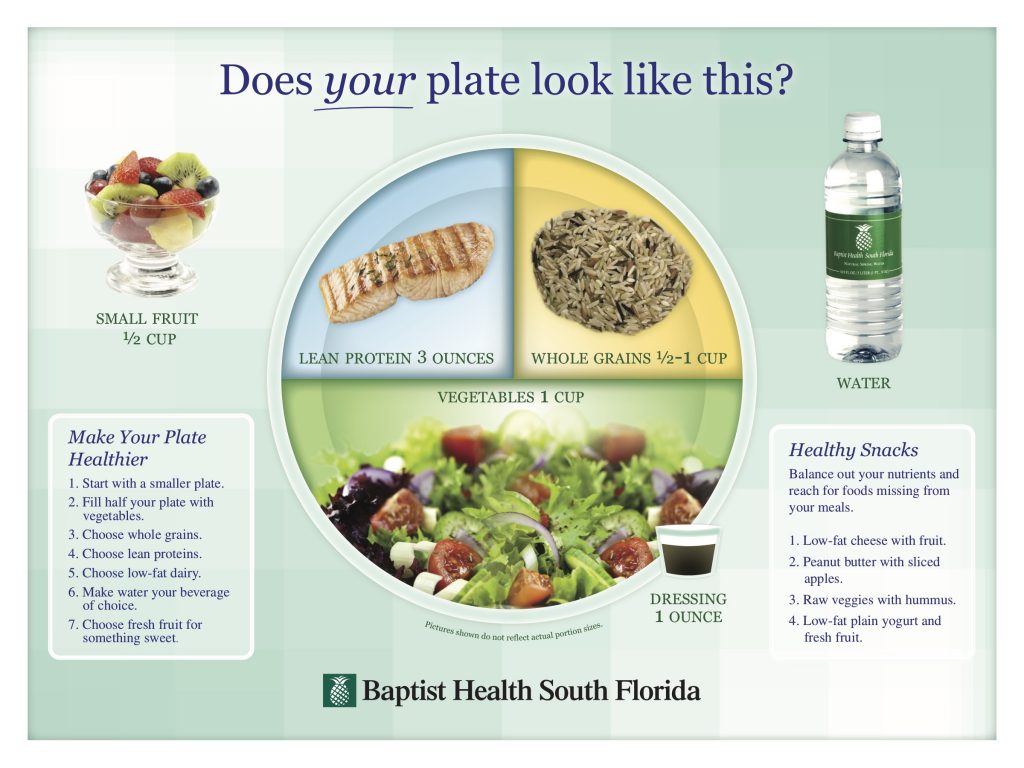April 3, 2020 by John Fernandez
Plant-Based Burgers: Are They Really Better For You?

Led by the emergence of “fake” burgers from brands like ImpossibleTM Foods and Beyond Meat, plant-based meat is quickly becoming a thing. It can be found on more and more restaurant menus nationwide and, increasingly, at home on consumers’ dinner plates.
Unlike traditional vegetable burgers, which have been a vegetarian staple for decades, both Impossible and Beyond do a very good job at replicating the meaty aroma, taste and texture that make a real beef burger so enticing.
Plant-based meats have become so popular, in fact, that “Big Meat” producers such as Tyson, Purdue, Smithfield and Hormel are investing millions of dollars in their own alternative meat products.
Market research firm NPD Group did a study showing that an overwhelming majority of consumers eating plant-based burgers are “bi-curious” meat eaters who believe these products may be be more healthful and better for the environment. But, nutritionally speaking, are meatless burgers really any better for you?
Comparing the nutrition labels

Lucette Talamas, a registered dietitian with Community Health at Baptist Health South Florida, says a quarter-pound ImpossibleTM Burger contains about the same amount of protein as a same-size burger made from 90-percent lean beef (19g vs. 21g).
Any similarities end there, however. An ImpossibleTM Burger packs 40 percent more calories than a lean beef burger (240 vs. 178), twice as much saturated fat (8g vs. 4 g) and nearly seven times as much sodium (370mg vs. 56mg). It’s easy to see why some people deride plant-based burgers as “junk food for vegans.”
Another concern, according to Ms. Talamas, is that many plant-based burgers are highly processed foods with lengthy ingredient lists. Beyond Meat’s burger has about 18 ingredients – purified pea protein, coconut and canola oils, rice protein, potato starch, and beet juice extract, to name just a few – while real beef burgers are made from, well, beef.
So, bottom line, if you’re hoping to improve your diet by eating less meat, not all plant-based burgers are necessarily a healthier alternative.

“A homemade plant-based burger patty made from beans or lentils, such as a delicious #BaptistHealthy Lentil Veggie Patty, would be the healthiest version of a plant-based burger,” Ms. Talamas says.
At the same time, however, Ms. Talamas is hesitant to recommend real beef over plant-based meat.
“When it comes to red meat versus plant-based meat, precaution should be taken with both, not just in terms of how often you eat it but also the amount you eat in one sitting,” she says. “Red meat tends to be higher in saturated fat, and numerous studies have linked its consumption to an elevated risk for cancer, cardiac disease, diabetes and other health issues.”
Ms. Talamas also notes that replacing a beef burger with a plant-based burger matters little if you’re enjoying it with a pile of French fries and washing it down with a super-sized, sugar-saturated soda.
“For a good source of lean protein, chicken, fish or beans are always a better choice,” she says.
But they’re better for the environment, right?
Another reason plant-based meat is going mainstream is growing consumer awareness of the environmental costs and inefficiencies of raising animals for meat consumption. Every year, more than nine billion animals in the U.S. are raised and slaughtered on factory farms, a number that continues to rise as the demand for meat increases worldwide.

With the disproportionate amount of land and water it takes to put a real beef burger on your plate – especially compared to a plant-based burger – factory farming on such a massive scale may be unsustainable.
One analysis found that the carbon footprint of the ImpossibleTM Burger is 89 percent smaller than a real beef burger, and its production requires 87 percent less water and 96 percent less land. Climate change is also a concern; roughly 15 percent of greenhouse gas emissions come from livestock alone, placing factory farms among the most greenhouse gas-intensive sectors in manufacturing.
For some consumers, saving the environment is reason enough to make the switch to plant-based burgers. But in order for it to have any significant benefits for our planet, the industry would need to scale up to a much higher level. Right now, the market for plant-based meat is just a fraction of the overall market for real meat.
So, what should I eat, then?
“Ultimately, a healthy diet is based on a healthy eating pattern – not just what you eat in one meal, but what you eat over the course of time ,” Ms. Talamas says. “Try to eat fewer processed foods and more whole food sources of fruits, vegetables, whole grains, and a variety of proteins, which includes plant-based beans, lentils, nuts and seeds.”
Ms. Talamas suggests following Baptist Health’s “Healthy Plate” model, which emphasizes a half-plate (1 cup) of vegetables, a quarter-plate (1/2 to 1 cup) of whole grains, and a quarter plate (3-5 ounces) of lean protein. “Pair that with a serving of fruit and a glass of water and you’ll be on your way to a healthier lifestyle.”

Lucette Talamas is a registered dietitian with Community Health at Baptist Health South Florida. She holds a bachelor’s degree in food science and human nutrition from University of Florida. With additional experience as a clinical dietitian, Ms. Talamas enjoys providing practical nutrition information to promote healthy lifestyles that can help prevent and manage chronic diseases. Her expert tips and advice have been featured in print and broadcast media, including Miami Herald, CBS Miami, Telemundo and Univision. Active in professional nutrition organizations, Ms. Talamas was recently honored with the 2018 Recognized Young Dietitian of the Year Award from the Florida Academy of Nutrition and Dietetics.
top stories












There are no comments